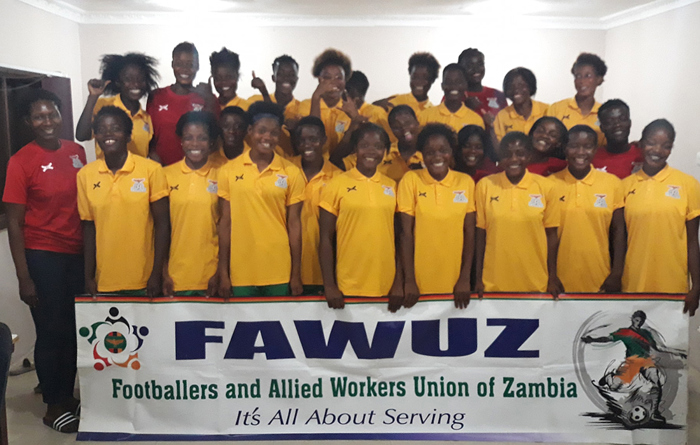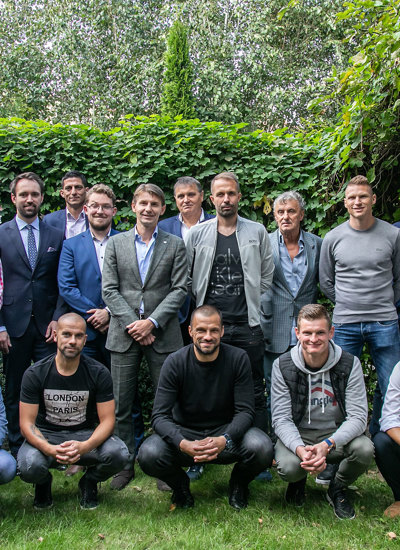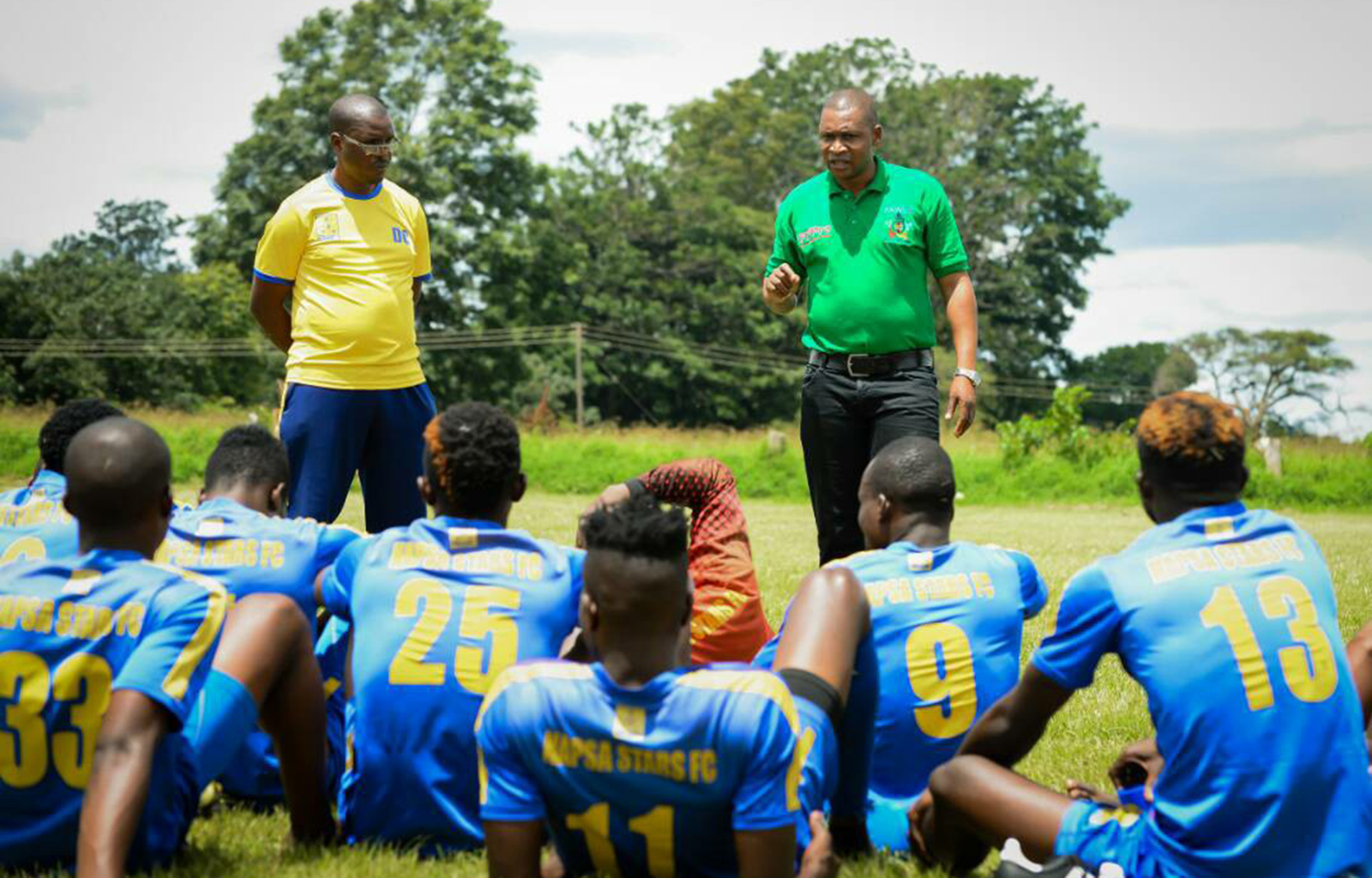
“I noticed that footballers were not treated as workers and that needed to change,” Chalwe told FIFPRO. He gathered information from player unions in Botswana, South Africa as well as Zimbabwe and convinced the government that professional footballers in Zambia also deserve to have an official representative body.
“Almost every employment sector has a representative body. Teachers have a teacher union; accountants have an accountant union and miners have a miner union. Why shouldn’t professional footballers have one?” Chalwe told them.
In February 2016, FAWUZ was officially registered. “I was very proud to achieve this milestone.”
Former football legend Kalusha Bwalya, then president of the football association, lent a helping hand. “He officially recommended us to the Ministry of Labour. Without him, it would have been very difficult for us.”
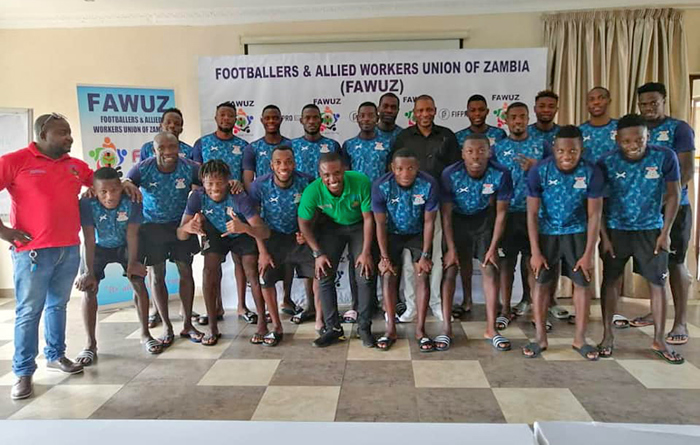
“It was a challenge to explain to the football association and clubs that we are not their opponents, we are here to develop football. I told them a happy footballer is a performer,” said Chalwe, who also played in Belgium, Botswana, Malaysia, South Africa and Tunisia.
As their general secretary, Chalwe is the driving force behind the union’s activities together with, among others, (former) national team players such as Sandras Kumwenda, Noel Mwandila, Numba Mumba, Sashi Chalwe Emmanuel Mayuka and Lubambo Musonda. They convinced over 800 players to join their organisation. “We promised to look after them. Before FAWUZ, players had many issues and never got any justice, as they were alone.”
FAWUZ continued by improving working conditions. “Non-payment and unilateral termination of contract happened constantly. Players would just be booted out of clubs. That practice has been reduced,” Chalwe said.
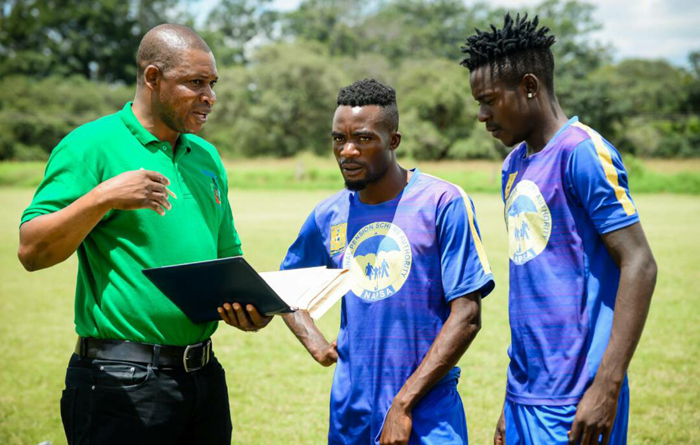
FAWUZ also wants to prepare players for life after football by arranging education and scholarships for players, a financial literacy program and a pension fund. “Footballers in Zambia retire at an average age of 30 to 35, which means they are still young. They can still continue to be productive citizens and don’t have to retire as destitute people,” Chalwe said.
“Many lack education and have difficulties getting into another job after their career. We want to teach them skills by offering them carpentry, farming and mechanics courses.”
Developing women’s football and organising female players are also on the list. “Women’s football has been dormant. The national team is going to the Tokyo Olympics, but it is not professional. The players don’t get paid. They only receive allowances. We have to get them more recognition, as much as the men.”
